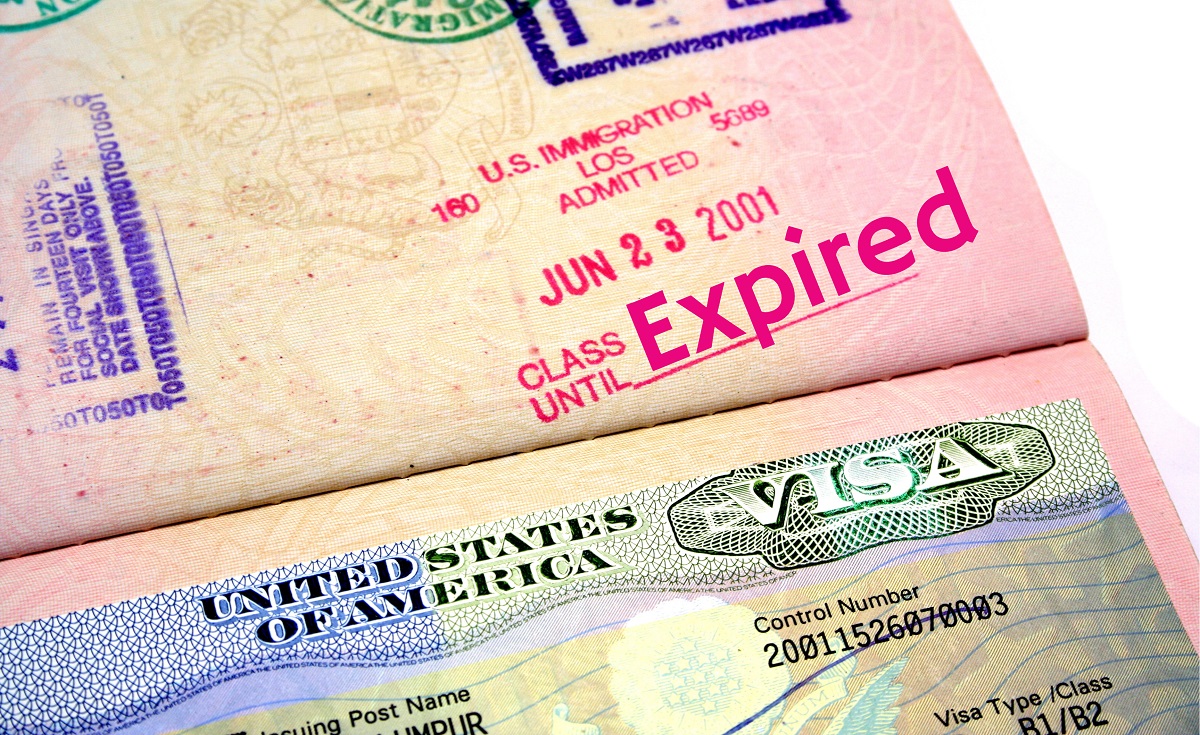
In a significant turn of events, the "Keeping Families Together" program was recently struck down by a federal judge, leaving many immigrant families disheartened. The program, launched by the Biden administration in recent months, would have given certain undocumented spouses and stepchildren of U.S. citizens protection from deportation, eligibility for employment authorization, and a path to status as a lawful permanent resident (green card).
Keeping Families Together, Explained
The Biden administration's Keeping Families Together program was designed around existing law to assist noncitizen spouses and stepchildren of U.S. citizens by providing legal pathways to stay united with their families. It was part of the president's promise to preserve family unity and supporting immigrant families in the U.S.
Parole in place program is already utilized to maintain family unity for military families. The administration's plan would have expanded parole in place to benefit undocumented spouses and stepchildren of U.S. citizens.
Under the program, undocumented immigrants who are married to U.S. citizens could apply for parole in place if they meet certain criteria. They must have been continuously residing in the United States for over ten years and be married to a U.S. citizen. The Department of Homeland Security estimated that approximately 500,000 to 1.1 million individuals
Who Would Have Been Eligible, and What Were the Benefits?
The Keeping Families Together eligibility criteria targeted those who could demonstrate substantial ties within the United States, such as long-term residency, marriage to a U.S. citizen, and individuals who actively contribute to their communities. If approved, beneficiaries would have been protected from deportation, granted temporary parole status, and receive eligibility for work authorization. Additionally, this program could have paved the way for these spouses and stepchildren to apply for a green card, facilitating a path to U.S. citizenship.
Eligibility for Keeping Families Together
To be considered for a discretionary grant of parole in place under Keeping Families Together, the noncitizen spouse of a U.S. citizen, would have needed to:
- Be present in the United States without admission or parole;
- Have been continuously physically present in the United States since at least June 17, 2014, through the date of filing the request;
- Be in a legally valid marriage to a U.S. citizen on or before June 17, 2024;
- Have no disqualifying criminal history and otherwise not deemed to be a threat to public safety, national security, or border security; and
- Submit biometrics and undergo required background checks and national security and public safety vetting.
If the applicant had undocumented children, USCIS would have considered similar criteria for the same benefits.
Benefits of Parole in Place
This policy not only protects undocumented spouses from deportation but also provides them with the ability to work legally in the United States. This is a crucial step in helping families achieve economic stability and reducing the stress and uncertainty that comes with undocumented status. Once granted parole, the beneficiary immediately enters a period of authorized stay without the threat of deportation. Additionally, a parolee may apply for:
- An employment authorization document (work permit);
- Lawful permanent residence through a qualifying relationship with a U.S. citizen.
One of the most significant aspects of the program is its potential to facilitate a pathway to U.S. citizenship. Currently, many undocumented immigrants face significant barriers to green card status due to an unlawful entry. Generally, a lawful entry is a prerequisite for applying for a green card inside the U.S. However, a grant of parole fixes this problem. Once granted parole in place, parolees receive an I-94 arrival/departure record. This document is critical because it shows the individually has been lawfully admitted to the United States. With this lawful entry, the spouse may "adjust status" to that of a permanent resident (green card holder).
Why Was the Program Blocked by a Federal Judge?
Despite its benefits and its focus on family preservation, the Keeping Families Together program faced intense opposition from Republican led states. Critics argued that the program’s protections were too lenient and could undermine immigration enforcement by allowing undocumented individuals to remain in the country. Legal challenges arose from groups who felt that the program overstepped executive authority in immigration policy.
Ultimately, a federal judge determined that the program’s framework did not align with current immigration laws and deemed it an overreach. Key factors influencing the judge’s decision included:
- Legal Authority and Separation of Powers: The court found that the program extended beyond the executive branch's authority, infringing upon the powers allocated to Congress for creating immigration laws.
- Lack of Congressional Approval: Critics argued that any program with such far-reaching implications on immigration policy should be legislated rather than enacted through executive action. The judge ruled that a program of this magnitude required formal legislation.
- Potential Impact on Immigration Control: The opposition emphasized that programs offering protection to undocumented individuals might encourage further immigration violations, a point that resonated with the court.
This ruling was a significant setback for families who had hoped to benefit from the program. The decision underscored the limitations of executive actions in providing comprehensive immigration reform, signaling the ongoing debate over balancing immigration enforcement with humanitarian concerns.
Looking Ahead: The Need for Immigration Reform
The outcome of the Keeping Families Together program highlights the pressing need for comprehensive immigration reform. Programs like these emphasize the human element often overshadowed in policy discussions—families, children, and individuals contributing to their communities. With immigration reform back in the national spotlight, there is hope that future legislative action will address the challenges that many immigrant families face.
What You Can Do Today
It's easy to feel helpless while waiting for Congress to solve the problem. However, there are things you can do to further your cause.
If Congress does act one day and provide a path to legal status for undocumented individuals with strong ties to the U.S., supporting documentation will be important. Don't wait. Evidence of your residence and good moral character will be important for any future application process. Take the time to gather and maintain these supporting documents. Examples of documents which may be helpful for a future application include, but are not limited to:
- Rent receipts or utility bills;
- School records (letters, report cards, etc.);
- Hospital or medical records;
- Attestations to your residence by religious entities, unions, or other organizations, identifying you by name;
- Official records from a religious entity confirming participation in a religious ceremony;
- Money order receipts for money sent into or out of the United States;
- Birth certificates of children born in the United States;
- Dated bank transactions;
- Automobile license receipts, title, or registration;
- Deeds, mortgages, or rental agreement contracts;
- Insurance policies; or
- Tax returns or tax receipts.
For civil records, look into how to gather civil records for your U.S. immigration application.
Spouses Who Overstayed Generally Don't Need Parole
Not all undocumented immigrants need a grant of parole through Keeping Families Togther. The program is designed for individuals who entered the United States without documentation. It's the unlawful entry that creates the biggest problem. However, noncitizens who entered with a visa or other immigration status that has since expired already have a path to a green card through a U.S. citizen spouse.
In fact, immediate relatives of a U.S. citizens (such as a spouse and unmarried children under the age of 21) may adjust status to permanent resident after a visa overstay. The law provides a form of visa forgiveness to individuals in the immediate relative category. Thus, most undocumented spouses of U.S. citizens who have an expired visa can apply for a green card now.
About CitizenPath
CitizenPath provides simple, affordable, step-by-step guidance through USCIS immigration applications. Individuals, attorneys and non-profits use the service on desktop or mobile device to prepare immigration forms accurately, avoiding costly delays. CitizenPath allows users to try the service for free and provides a 100% money-back guarantee that USCIS will approve the application or petition. We provide support for the Adjustment of Status Package (Form I-485), Naturalization Application Package (Form N-400), and several other immigration services.
Want more immigration tips and how-to information for your family?
Sign up for CitizenPath’s FREE immigration newsletter and
SAVE 10%
on our immigration services







